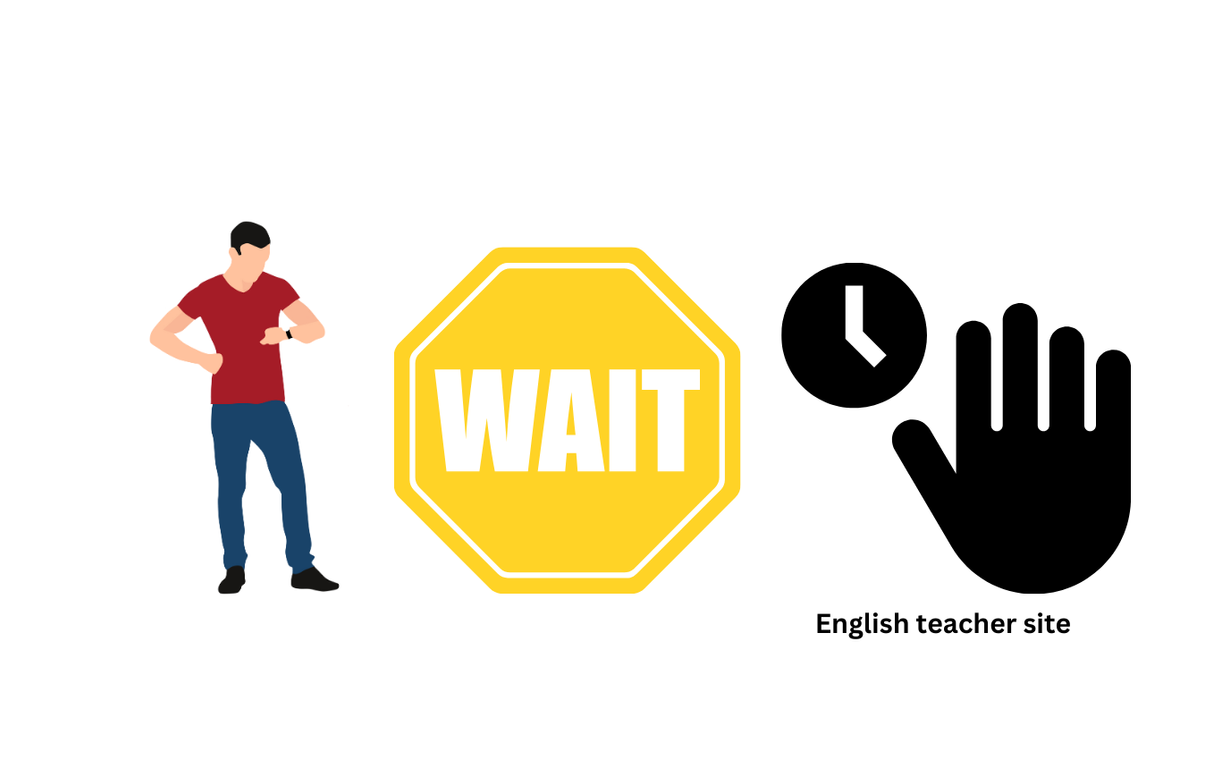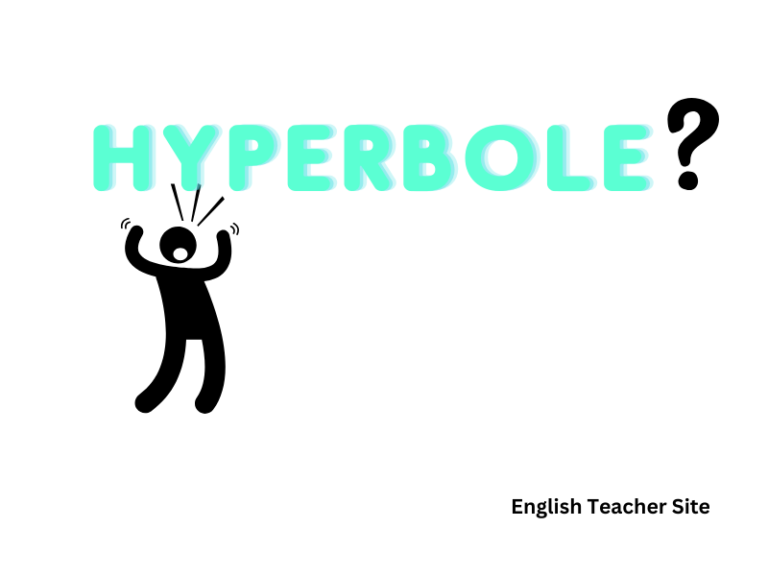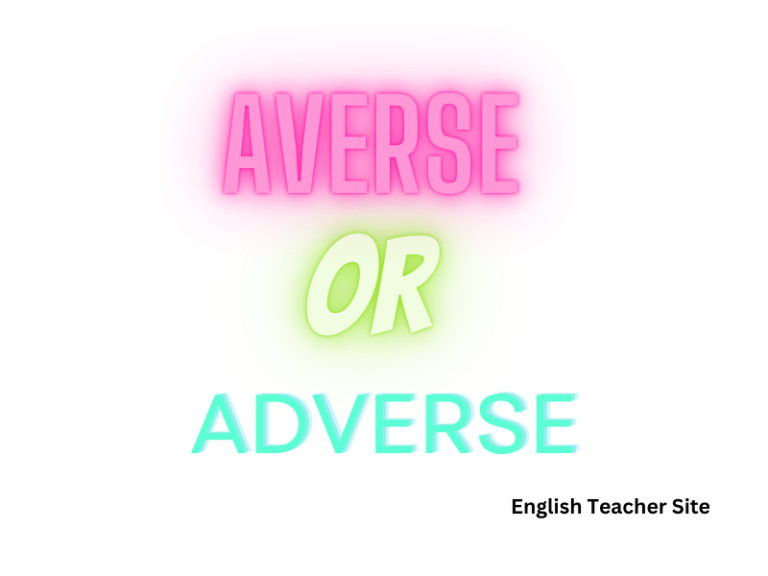Is It Bare With Me or Bear With Me? Unraveling the Confusion

- “Bear with me” is the proper phrase, meaning to be patient.
- Homophones like “bear” and “bare” can lead to spelling mistakes.
- Knowledge of the correct expression avoids common linguistic errors.
The mistake of using “bare with me” arises from the similarity in pronunciation, despite “bare” meaning to uncover or reveal. This mix-up is a classic example of a homophone error, where two words sound the same but are not interchangeable. By understanding the etymology and correct usage of these expressions, one can avoid common mistakes and communicate more effectively.
Understanding the Confusion
The phrases “bear with me” and “bare with me” often lead to confusion due to their identical sounds but distinct meanings. Misunderstanding can arise both in spoken and written communication, necessitating a clear grasp of their correct usage.
Homophones in the English Language
In English, homophones are words that share the same pronunciation but have different meanings, origins, or spellings. “Bear” and “bare” exemplify this, as they sound alike but possess separate definitions and applications. The word “bear” means to endure or to carry, while “bare,” on the other hand, signifies something that is uncovered or exposed. Understanding the concept of homophones is crucial to use these terms appropriately and to effectively convey the intended message.
Correct Usage and Spelling
In written communication, choosing the correct homophones ensures clarity and accuracy. This section delineates the proper use and spelling of “bear” and “bare,” especially in the context of the phrase “bear with me,” often misconstrued as “bare with me.”
The Verb ‘Bear’
To “bear” means to carry, endure, or have tolerance for something or someone. It is a verb embodying action, often associated with patience. For example:
- They bear the responsibility for the project’s completion.
The Adjective ‘Bare’
“Bare” functions as an adjective describing something that is uncovered, plain, or stripped of contents. For example:
- The walls of the room were bare.
Examples of ‘Bare’ in Sentences:
- The shelves in the house were completely bare.
Examples of ‘Bear’ in Sentences:
- One must bear in mind the complexity of the issue.
Phrases with ‘Bare’
Phrases utilizing “bare” relate to exposure or lack of concealment, such as:
- “Laid bare”: to reveal or uncover.
The Adjective ‘Bear’
In the case of the confusion between “bare with me” and “bear with me,” the correct phrase uses the verb “bear.” “Bear with me” is a request for patience or forbearance. It’s the only appropriate spelling for the idiom that asks for someone’s patience. For example:
- She requested her colleagues to bear with her while she sorted out the technical difficulties.
Etymology and Usage
Understanding the correct usage and the etymology of the words “bear” and “bare” is crucial, as both have different meanings and are often confused due to their similar pronunciation in the English language.
Historical Context of ‘Bear’
The word “bear” as a verb in English is derived from Old English “beran,” which means to carry or to bring forth. In the context of the phrase “bear with me,” the verb “bear” implies a request for patience or tolerance. Historically, the use of “bear” extends beyond the physical act of carrying and is deeply rooted in various linguistic expressions that denote endurance or responsibility.
Evolution of the Word ‘Bare’
Contrarily, “bare” as an adjective has its origins in the Old English “bær,” which translates to uncovered or unclothed. As a verb, “bare” signifies the action of uncovering or revealing and is unrelated to the plea for patience expressed in the phrase “bear with me.” Over time, “bare” has retained its distinction from “bear,” preserving its role in the English language as an adjective and verb associated with exposure.
Common Mistakes and Clarifications
When discussing the expression “bear with me,” it’s essential to address the frequent confusion that arises due to similar pronunciation with its homophone “bare with me.” This section will elucidate these common errors and provide mnemonics for correct usage.
Phrase Misinterpretations
Bear with me signifies a request for patience or to endure a situation for a period. Conversely, bare with me is often mistakenly used but would imply an invitation to undress, which is not the intention in most contexts. It’s crucial to distinguish between the two to convey the message accurately.
- Correct usage: Bear with me while I explain the rules.
- Incorrect usage: Bare with me while I explain the rules.
Pronunciation and Memory Aids
Despite bear and bare being homophones, their meanings are distinctly different. A helpful mnemonic is associating the word bear, an animal known for its strength and ability to carry heavy burdens, with the expression’s figurative meaning of “please tolerate this situation.”
- To remember: A bear can bear weights, just like we might ask someone to bear with a situation.
Frequently Asked Questions
What is the correct phrase, “bear with me” or “bare with me”?
The correct phrase is “bear with me.” This expression uses “bear” as a verb, which means to endure or be patient with someone.
Is “bear” or “bare” used as an adjective in the phrase?
No, in this phrase, “bear” is not used as an adjective. “Bare,” though often confused with “bear,” is an adjective meaning uncovered or without decoration.
How can someone remember the difference between “bear” and “bare”?
One can remember the difference by associating “bear” with “bearing a burden,” which is similar to asking for patience. Alternatively, think of “bare” as in “barefoot,” which means without coverings.
Where can someone find the phrase “bear with me” in the dictionary?
Most standard dictionaries will list the verb “bear” and provide the definition that applies to the phrase “bear with me.” Look for the definitions that talk about enduring or patiently handling a situation.
How can one ensure their writing is error-free when using this expression?
Always double-check spelling and context. Remembering the correct usage, similar to those explained at Grammarly and Writing Explained, helps prevent errors.
| Correct Use | Incorrect Use |
|---|---|
| Please, bear with me while I finish this explanation. | Please, bare with me while I wrap up. |
| They requested that we bear with them during the renovations. | They asked us to bare with them during the upgrades. |
By frequently reviewing these distinctions and noting them in writing, one should be able to communicate the intended message accurately and confidently.
Source
My name is Khamis Maiouf. I am the creator of the English Teacher Site, dedicated to providing valuable resources and insights for students around the world. With a passion for education and a commitment to helping students enhance their skills, I aim to make English teaching more effective and enjoyable for both educators and students.






